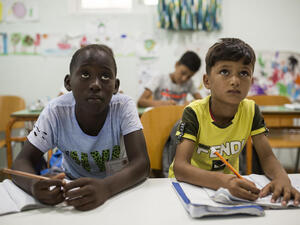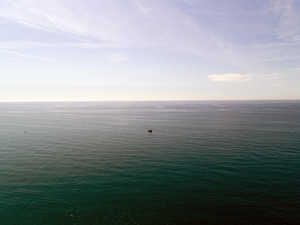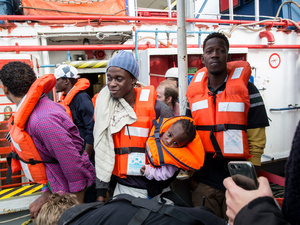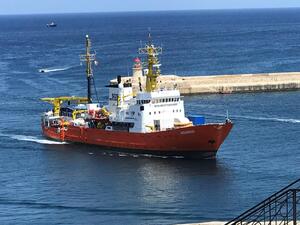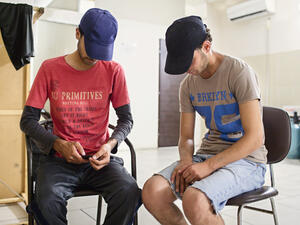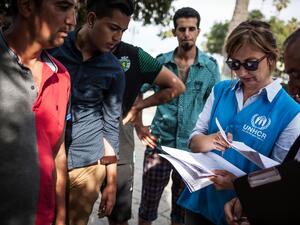Malta
Malta
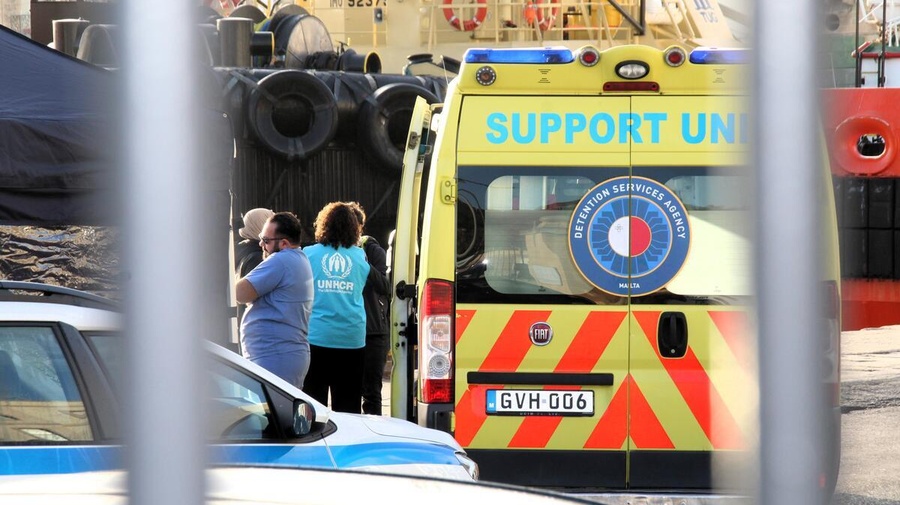
UNHCR has been present in Malta since 2005, supporting the country’s evolving role as a frontline EU state for asylum-seekers arriving via both sea and land routes. While sea arrivals have significantly declined, Malta continues to host a substantial population of forcibly displaced and stateless persons relative to its size.
UNHCR works closely with the government, civil society, and refugee-led organizations to strengthen the asylum system, improve reception conditions, and promote durable solutions.
Despite global funding constraints, the Malta office prioritizes access to protection and promotes community-based approaches, including communication with communities and integration, while raising awareness of refugee issues across the country.
Population and financial overview
Data on population and financials are available at the multi-country office level, which oversees operations across several countries.
Office contact details
The UNHCR Representative in Malta
Street address and mailing address:
“The Dolphins”, Triq Sir Ugo Mifsud, Ta’ Xbiex XBX1433, Malta
Phone:
+356 2248 9400
Email:
General: [email protected]
Protection queries: [email protected]
Time zone:
GMT +1
Working hours
- Monday: 8:00 - 16:30
- Tuesday: 8:00 - 16:30
- Wednesday: 8:00 - 16:30
- Thursday: 8:00 - 16:30
- Friday: 8:00 - 16:30
- Saturday: closed
- Sunday: closed
Appointment hours
- Tuesday: 14:00-16:00
- Thursday: 10:00-12:00



